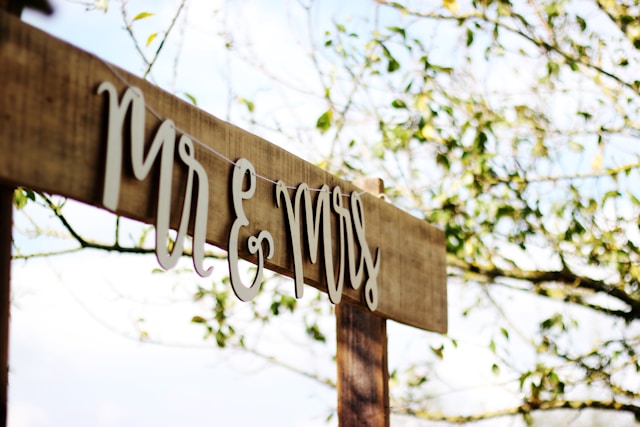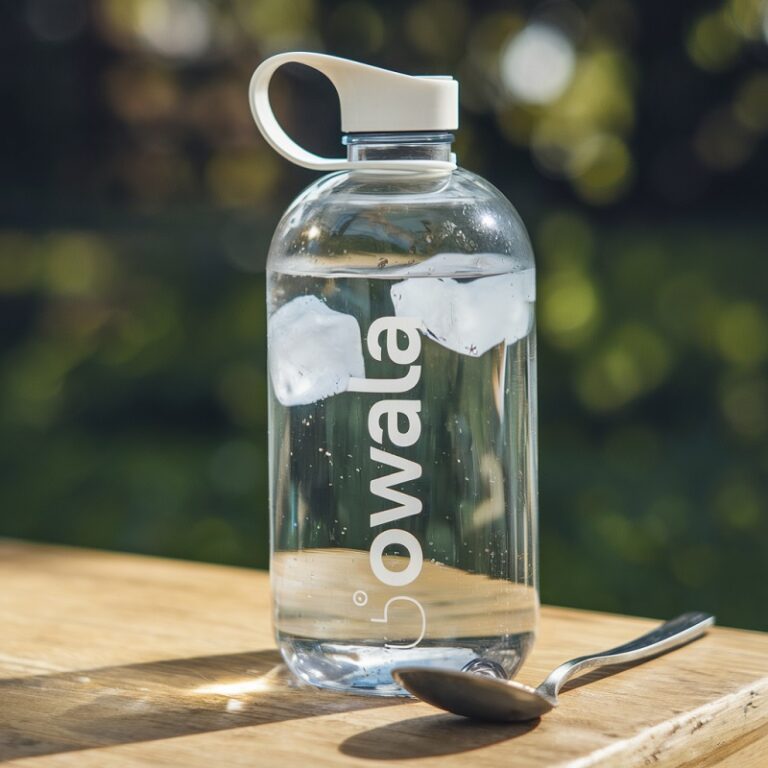The wedding services market is known for its association with luxury and opulence. Many couples are willing to pay an exorbitant amount to orchestrate the wedding of their dreams.
However, weddings generate significant waste and carbon emissions because of single-use items and travel requirements.
According to a Grand View Research report, the global wedding industry’s value was estimated at USD 182.56 billion in 2023. Its value is expected to surge at a CAGR of 12.7% from 2024 to 2030.
An article by the Sustainable Wedding Alliance claims that the average carbon footprint of a wedding exceeds the average yearly footprint of a household. The organization states that the average wedding emits 14.5 tons of CO2e.
According to the organization, wedding professionals are uniquely positioned to lead sustainable innovation because of the industry’s association with grandeur and access. “If we could reduce all wedding emissions by half, that’s a potential saving of 3,985,500 tons CO2e, equivalent to taking 866,847 cars off the road for a year!”
The growing consumer demand for sustainability
The advent of social media has increased societal consciousness surrounding our collective environmental impact. With thousands of innovative ways to live sustainably at their fingertips, aspiring newlyweds search for ways to reduce their special days’ carbon footprint. Research conducted by the PHA Group shows that there has been a 12% increase in online searches for ‘sustainable wedding dresses’ and related themes since 2022, indicating that couples are willing to venture away from traditional wedding practices, like having a dress made for the occasion, to ensure sustainability.
Innovative ways to increase sustainability
Weddings celebrate unity and love, and enforcing eco-friendly solutions to the sector’s pre-existing sustainability issues will foster a more profound sense of purpose. Couples who are environmentally conscious can rest assured, knowing that their union is not harming the earth, and wedding vendors can benefit substantially from implementing sustainable practices.
Limit travel and choose an eco-friendly venue.
Destination weddings may offer a unique experience and a beautiful backdrop, but they also significantly increase carbon emissions. Guests traveling from far and wide can have a disastrous impact on the environment and guests’ pockets. Environmentally conscious couples can consider a local wedding venue to preserve the earth and make wedding planning easier.
However, using a local wedding venue shouldn’t prevent couples and weddinggoers from experiencing the lush scenery of destination weddings. Depending on the destination, beautiful and inexpensive wedding venues may be readily available.
For instance, the beautiful cityscapes of New York City and Winelands on the West Coast and Washington may be close to relatives and scenic enough to create a stunning backdrop for the perfect wedding.
Local weddings are much more affordable and accessible to guests than destination weddings. Saving money on inexpensive wedding venues around couples’ hometowns or cities lets them celebrate their union in the space where most of their memories are, and will be, made.
Couples can also contribute to the sustainability movement by ensuring their venue implements sustainability practices like green energy, water-saving methods, and recycling programs.
Utilizing vendors and venues that implement eco-friendly business practices and are transparent about their sustainability policies will inspire other wedding industry members to be more environmentally conscious.
Consider pre-loved wedding attire and sustainable decor
According to the PHA Group, online searches for ‘pre-loved wedding dresses’ increased by 38% in 2023. Couples can contribute to the circular economy by renting or thrifting their wedding attire.
Single-use wedding decorations contribute to wedding waste. Using potted flowers instead of cut flowers and sourcing decorations that can be kept as keepsakes is an eco-friendly alternative that will give weddings a unique charm.
An exciting technological advancement is 3D printing. Wedding planners can explore using 3D-printed biodegradable decorations or modular installations that can be used for future events.
Utilize technological advancements
The rise of the digital platform economy has allowed media surrounding environmental consciousness to spread quickly and become more accessible, giving couples and wedding vendors increased access to software that can improve sustainability.
Couples and vendors can use event planning software that tracks and reduces resource use. Planning weddings using augmented and virtual reality technology to view venues remotely minimizes the waste and resources that usually go into event planning.
Implement sustainable business practices
Consumers’ need for more environmentally friendly wedding practices allows vendors an opportunity to adapt their business practices to meet these demands.
You can improve your company’s sustainability ranking by working with suppliers who are transparent about their sustainability practices and prioritize sustainability. It is vital to work with vendors who use local and certified materials and audit suppliers to ensure they align with your company’s values.
Sustainable options can have high upfront costs, deterring many vendors and couples. However, vendors can research subsidies and grants for companies implementing sustainability initiatives in their region.
The benefits of sustainable wedding practices
Cost-saving
Eco-friendly business practices like energy efficiency and reduced waste will lower operational costs.
Improved brand reputation
Companies can increase consumer trust and loyalty by aligning their practices and culture with the values of their clientele.
Competitive advantage
Businesses can set themselves apart by pioneering change and enhanced sustainability within the wedding industry.
Conclusion
With the wedding industry’s value set to surge drastically within the next couple of years, wedding professionals and vendors have the opportunity to pioneer change and combat the current climate crisis. In doing so, the industry can inspire and empower event planners in other sectors to do the same.
In the words of renowned Zero-waste chef and environmentalist Anne-Marie Bonneau: “We don’t need a handful of people doing zero waste perfectly. We need millions doing it imperfectly”.




